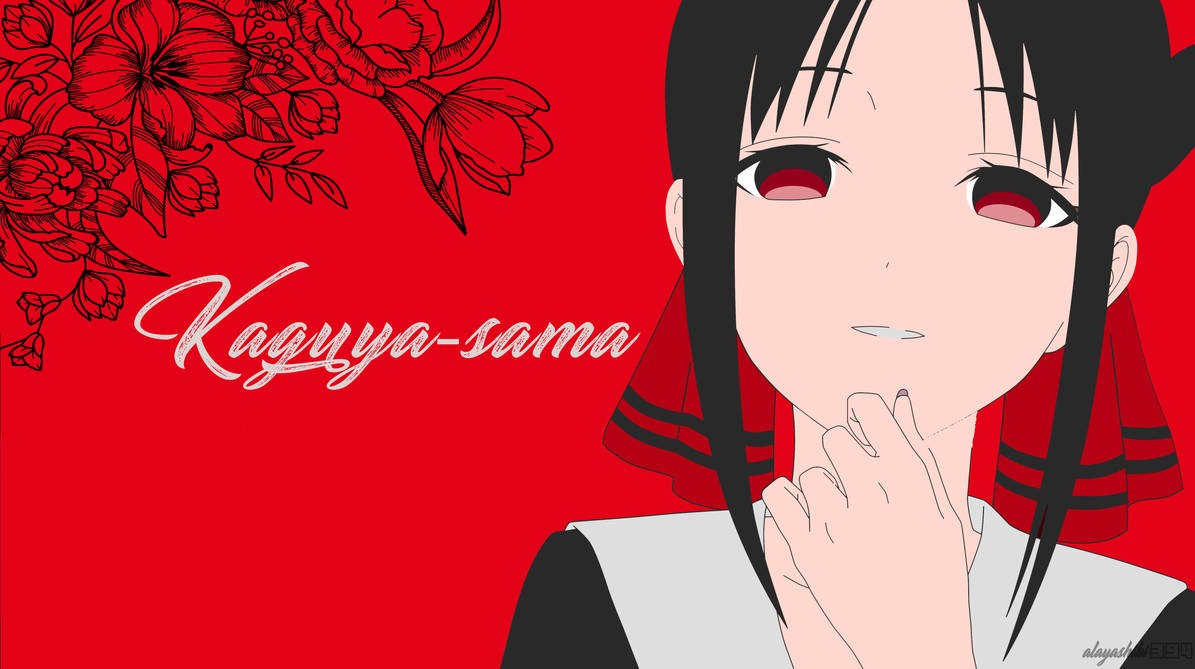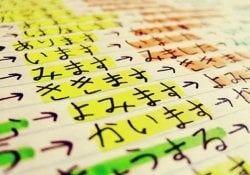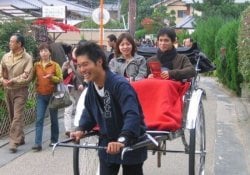Have you seen the expression O'kawaii koto used in the anime Kaguya-Sama Love is War ? In this article we are going to see the meaning of this Japanese expression and what it really means.
The expression in this article uses two common words that we have written before, we recommend taking a look at the articles below:
Índice de Conteúdo
What does O’kawaii koto mean?
"お可愛いこと" (o-kawaii-koto) is a Japanese expression that can be translated as "what a lovely thing" or "what a cute thing". It is a way of expressing admiration or praise for the cuteness or beauty of something or someone.
It is commonly used when seeing a baby, a cute pet, a nice outfit, an affectionate gesture, or anything considered charming and pleasing to the eye. It is a very common expression in Japanese culture and is often used in casual and informal conversations.

The kawaii koto in Kaguya-Sama
In Kaguya-sama: Love is War, the expression "o-kawaii-koto" is used by the character Kaguya Shinomiya to express her affection and admiration for the protagonist, Miyuki Shirogane, who she finds extremely cute.
But differently than expected, the protagonist Shirogani does not view this phrase with admiration, but rather as irony. Yes, in Kaguya-sama: Love is War, the expression “o-kawaii-koto” is often used in an ironic or comical way, especially when Kaguya is trying to hide her feelings for Shirogane.
Although she feels a strong attraction to him, she often tries to maintain a cool and controlled image so as not to reveal her true feelings. So when she finds herself admiring something he does or says, she often uses the expression “o-kawaii-koto” in an ironic or exaggerated way, to downplay her feelings and maintain her facade of indifference.
In this sense, the expression is used in a comical way to create funny situations and show the romantic tension between Kaguya and Shirogane. In the anime, this phrase for Shirogani is like disapproval.
Kaguya Shinomiya's Gesture
When Kaguya Shinomiya uses the expression "o-kawaii-koto" she also makes a comical gesture. The gesture is done by placing your hand on your chin and tilting your head to one side, as if you are thinking deeply or reflecting.
By placing her hand on her chin, Kaguya is demonstrating that she is thinking about what she just saw or heard and is trying to understand her own feelings about it.





